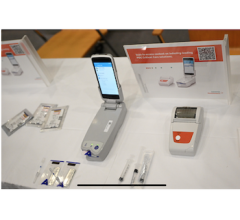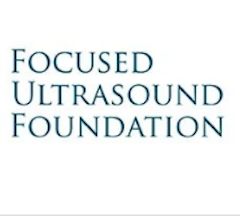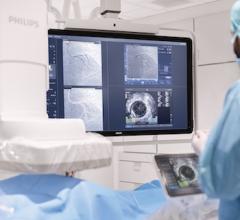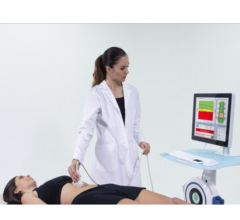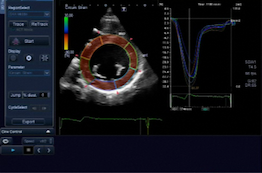
October 24, 2011 – The European Association of Echocardiography (EAE) has announced it is working together with the American Society of Echocardiography (ASE) to issue joint recommendations on the usefulness of serial echocardiographic (ECG) evaluations and the potential impact of more advanced ultrasound technologies (in particular speckle tracking echocardiography) in patients undergoing cancer therapy.
“Considering that the early detection of cardio toxicity is a critical issue for patients undergoing chemotherapy, the ASE and the EAE have come together to write guidelines which will highlight the technical advantages of echocardiography in identifying cardio toxicity early,” said Professor Juan Carlos Plana, co-director of the Cardio-Oncology Center, Cleveland Clinic, from the ASE. “This would help select patients who would benefit from cardio protective regimens, so that heart failure does not become an obstacle to the oncologist during therapy, and to the patient during his/her survival.”
In the last decade, cancer therapy has had an enormous progress leading to an important reduction of morbidity and mortality of several types of cancer. The therapeutic management of patients with cancer includes a combination of drugs, radiation therapy and surgery. Several of these therapies, mainly anthracyclines, produce potential adverse cardiac reaction, which can negatively impact the quality of life as well as the prognosis of oncologic patients. The new generation of targeted therapies (e.g., trastuzumab in breast cancer) has also been associated with unexpected unfavorable side effects on myocardial function. Currently, 17 percent of patients have to stop cancer therapy due to heart involvement.
“Detecting cardio toxicity is a critical issue in the clinical setting, in order to appropriately modulate and, hopefully, not interrupt cancer therapy. The traditional screening of patients with cancer includes a cardiac examination, and both an electrocardiogram (ECG) and a 2-D echocardiogram with Doppler at baseline. The monitoring of cardiovascular toxicity might be more accurate using endomyocardial biopsy. However, the test is highly invasive and not free from complications,” stated Maurizio Galderisi, M.D., from the Federico II University in Naples, Italy and chairperson of the EAE task force.
Echocardiography has emerged as the modality of choice for noninvasive evaluation of cardiac disease in the cancer patient. This tool is essential for the evaluation of left ventricular systolic and diastolic dysfunction, pericardial and valvular heart disease. However, echocardiograms are only routinely performed at the beginning of cancer therapy, in order to document a normal left ventricular systolic function. Further echocardiographic follow up during cancer therapy is performed only as a consequence of the onset of cardiac symptoms and/or signs, in particular following the administration of recognized cardiotoxic drugs or radiation therapy.
Rosa Sicari, FESC, from the CNR Institute of Clinical Physiology, Pisa, Italy and chairperson of the EAE Scientific Committee added, “The assessment of cardiac toxicity remains a critical issue in oncology. Ejection fraction, the time honored parameter of function, is not useful for the detection of early and subtle forms of cardiac dysfunction. New tools are needed and the evidence should be built in the near future with appropriately designed studies and with the common efforts of oncologists, cardiologists and pharmacologists. This document is not meant to fill the gap of knowledge but to provide the state of the art of ultrasound in this field and indicate new research pathways.”
On these premises, the upcoming joint recommendations of the American Society of Echocardiography and European Association of Echocardiography will present the need and clinical usefulness of serial echocardiographic evaluations, and the potential impact of more advanced ultrasound technologies in patients undergoing cancer therapy.
For more information: www.escardio.org


 February 05, 2026
February 05, 2026 


